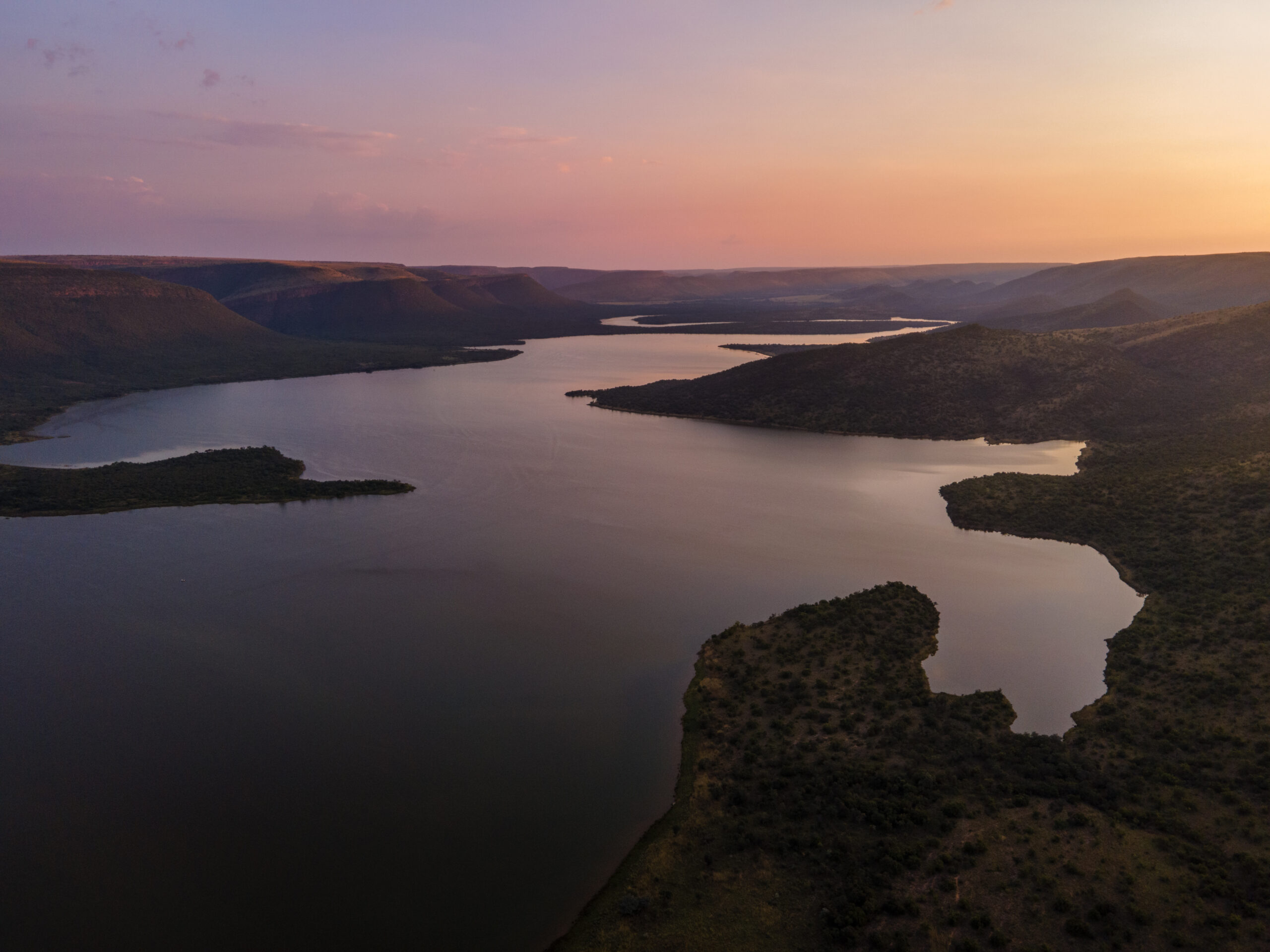When it comes to nature conservation, it does not matter to WeWild Africa whether it is an elephant or a mongoose that needs to be saved, they have made it their mission to protect Africa’s wildlife.
The organisation was founded in 2019 by Damian Aspinall, Tansy Aspinall, Amos Courage, and Dereck Milburn and their head office is in Cape Town. Together, the four have more than 100 years of experience in nature conservation.
WeWild Africa conducts wildlife rescues, wildlife rehoming and landscape rehabilitation across Africa. They have permanent projects in South Africa, Gabon, Congo, Zimbabwe, and Mozambique. The organisation does not believe in putting down problem animals, but rather in capturing them and re-establish them back into the wild.
Through collaboration with stakeholders, they ensure that endangered wildlife and neglected landscapes are given a second chance.

What makes WeWild Africa different?
- They are one of the only organisations that can respond to emergency calls within 24 hours and capture and relocate animals.
- They can offer solutions to situations that others may sometimes think are impossible
- They rehabilitate animals and plant life.

The rehabilitation of the Loskop Dam Nature Reserve
One of the major projects they are tackling with The Aspinall Foundation is a first-of-its-kind partnership with the Mpumalanga authorities to rehabilitate the Loskop Dam Nature Reserve.
This ambitious rehabilitation and expansion initiative will be the forerunner for other partnerships with government departments in other provinces.
“Hundreds of thousands of hectares of wilderness areas are at risk and WeWild Africa believes it can be saved with the help of the private sector. The two organisations want to be pioneers in giving other reserves a second chance as well,” says Dereck Milburn, Director of WeWild Africa.
The project aims to bring back important animal and plant species that used to occur naturally in the area. In addition to the reserve’s unique plant and animal life, there are also historical attractions such as old graves. Loskop Dam Nature Reserve is also home to the critically endangered Middelburg cycad.
Opposite the reserve there are wilderness areas owned by communities and individuals.
WeWild Africa and The Aspinall Foundation succeeded in securing a long-term lease with several of the owners. This means the size of the reserve can be increased from 23 000 hectares to almost 100 000 hectares.

The relocation of animals
One of the things WeWild is very concerned about is the relocation of wild animals born in captivity. Some of these animals have grown up in cages and have never walked in the wild. With the organisation’s help, thousands of animals have been able to experience their natural habitat again.
This organisation regularly gets called out to help rhinos who have bullet wounds, as well as giraffes and elephants caught in snares. When a problem animal breaks loose and damages someone else’s property, quick-thinking solutions are essential.
WeWild Africa believes that working with as many stakeholders as possible will make their model a success, they also like joining hands with the agricultural sector.
Their practical approach and smart collaboration with strategic partners have already led to them accomplish many historical achievements in their short existence.
In the past few years, this organisation has already saved or improved the lives of more than a thousand animals and plan on increasing this number to 1 500 animals by the end of 2024.
Damian says: “We go where few other organisations are willing to go, to make sure the future of endangered species and landscapes is secured. We ask ‘why not?’. WeWild Africa wants to change the conservation landscape in Africa, by implementing key conservation solutions and a network of collaboration.”

WeWild Africa’s outlook for 2024
- To rescue and relocate another 500 animals.
- To transform their Loskop Dam rehabilitation project into a working programme.
- To set up several large rhino translocation projects in the country.
- To present solutions to the government and to increase their footprint in Africa.
Even before the first month of 2024 was over, they had already rescued five elephants that had escaped from the Ndumo Game Reserve and moved them to a safe place.
The emergency call was made by Ezemvelo KwaZulu-Natal Wildlife’s acting Chief Executive Officer, Sihle Mkhize, who informed them that five elephants from the reserve had wandered about 16 km south of the border. The elephants invaded the community’s lands, causing danger to the people. The area is a bio-diversity area in Maputoland near Mozambique’s border.
On January 20, 2024, WeWild Africa got the resources and money together and an emergency air rescue was carried out. After 36 hours, they were able to get all five elephants safely back to where they should be.

WeWild Africa can help
Although they work very closely with Zimbabwe and Mozambique’s governments, government permits to operate in other countries remain a challenge, because the bureaucratic process can be slow.
“We also have some opposition from farmers who do not support our actions. They would rather shoot an elephant than save it. It is only a handful of farmers, but it happens.”
The organisation wants people to help spread the word that there are other solutions than shooting problem animals. They want the public to be aware of the services they provide and call on them in time of need.
“We must act now. What we do not protect in the next five to ten years may be lost forever”.
“It is not only the government’s responsibility but everyone’s. This is our heritage, and we all have to work together,” Dereck said.

To get in touch with WeWild Africa, send an e-mail to info@wewildafrica.com.








